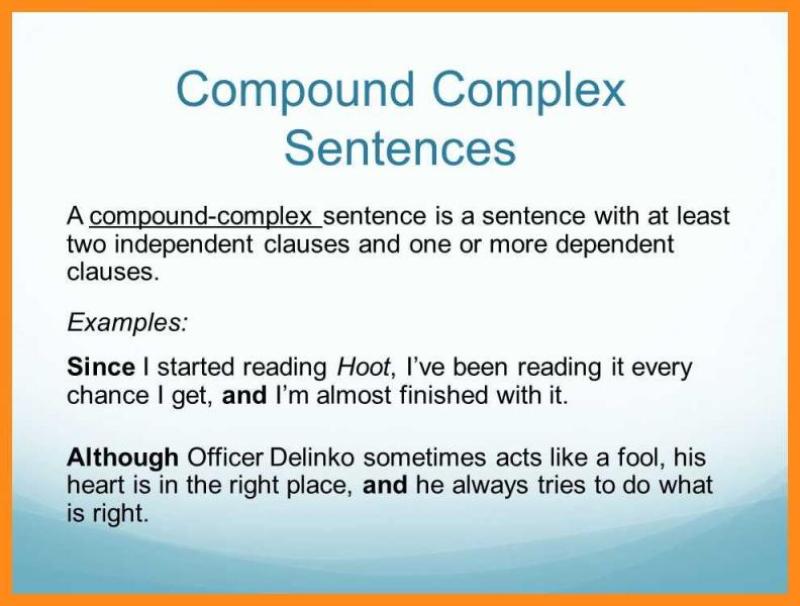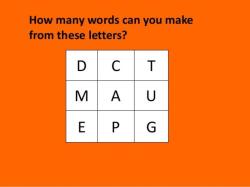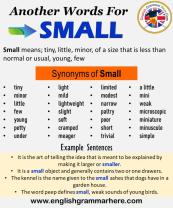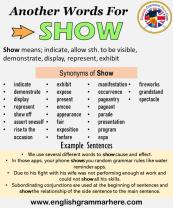What is the difference between a compound and a complex sentence?
Sure, I can help differentiate between compound and complex sentences:
Compound Sentences:
- A compound sentence consists of two or more independent clauses (also known as main clauses) that are joined together by coordinating conjunctions such as "and," "but," "or," "for," "nor," "so," or "yet."
- Each independent clause in a compound sentence can stand alone as a complete sentence.
- Example: "She likes to swim, and he prefers to hike." (Two independent clauses joined by the coordinating conjunction "and.")
Complex Sentences:
- A complex sentence consists of one independent clause (a complete sentence) and one or more dependent clauses (also known as subordinate clauses) that cannot stand alone as complete sentences.
- The dependent clause in a complex sentence is connected to the independent clause by subordinating conjunctions such as "because," "since," "although," "while," "when," "if," "after," etc.
- Example: "After she finished her homework, she went to the gym." (The dependent clause "After she finished her homework" cannot stand alone, but the independent clause "she went to the gym" can.)
In summary, a compound sentence involves combining two or more independent clauses, each capable of standing alone, using coordinating conjunctions. On the other hand, a complex sentence includes one independent clause along with one or more dependent clauses, connected by subordinating conjunctions, with the dependent clause unable to stand alone as a complete sentence.
Ah, the wonders of sentence structure! Compound and complex sentences might sound similar, but they're quite distinct. Let's unravel the differences:
1. The Basic Divide:
- Compound sentence: Combines two independent clauses (complete sentences) with a coordinating conjunction (e.g., and, but, so, or) or a correlative conjunction (e.g., either/or, neither/nor, both/and). These clauses can stand alone, but they're joined to create a single, longer sentence.
- Complex sentence: Subordinates one independent clause to a dependent clause (incomplete sentence) using a subordinating conjunction (e.g., because, although, since, if). The dependent clause relies on the independent clause for meaning and cannot stand alone.
2. The Core Distinction:
The key difference lies in independence and dependence. Compound sentences join two independent clauses, like teammates on an equal footing. Complex sentences have one bossy independent clause and a dependent clause that works for it, providing additional information or modifying its meaning.
3. Structure and Function:
- Structure: Compound sentences appear like two sentences glued together with a conjunction (e.g., "I studied hard, and I passed the exam"). Complex sentences have a nested structure, with the dependent clause tucked inside the independent clause (e.g., "Although I studied hard, I still felt nervous about the exam").
- Function: Compound sentences often combine related ideas or add contrast (e.g., "She loves dogs, but cats are her true companions"). Complex sentences introduce cause-and-effect relationships, conditions, or reasons (e.g., "She loves dogs, because they are always happy to see her").
Remember:
- Variety is key: Both compound and complex sentences add variety and depth to your writing. Choose the structure that best conveys your intended meaning and desired emphasis.
- Clarity is king: Ensure your sentences are clear and avoid ambiguity. Punctuation plays a crucial role, especially in complex sentences, to signal the relationship between clauses.
Mastering these nuances will help you craft powerful and precise sentences that elevate your written communication. So, go forth and conquer the world of sentence structure!












